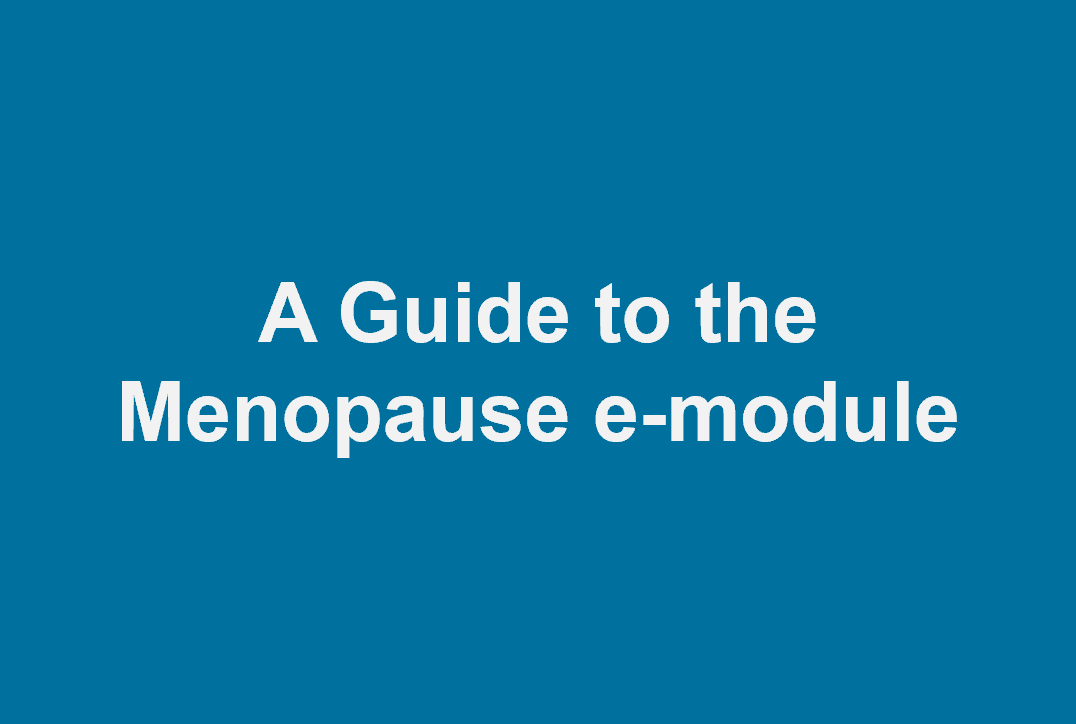
A Guide to the Menopause e-module
This course is for all staff and managers provides information on menopause symptoms, strategies for dealing with them and resources available. It provides information for managers on how to support staff. Thanks to Bristol City Council for their valuable input, content and advice.
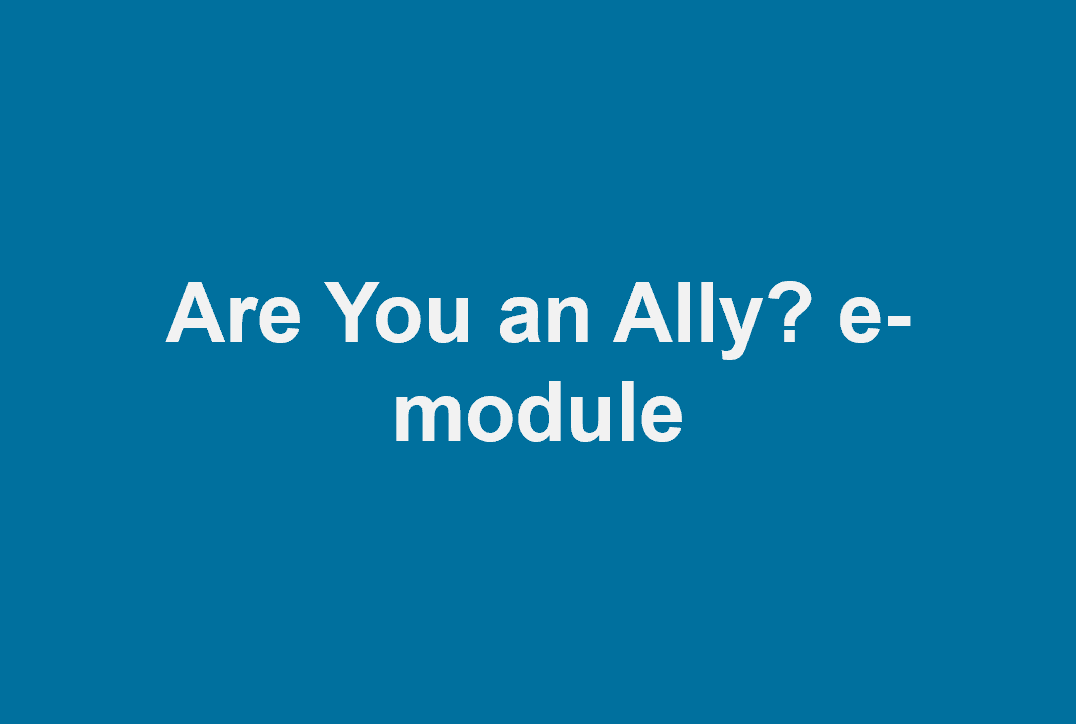
Are You an Ally? Try Taking on These Five Roles e-module
An ally is someone who uses their position to empower, support and defend marginalised groups. This e-module will help you learn more about the five ways to be an effective ally - confidant, champion, amplifier, sponsor, or upstander and learn how to provide a safe and supportive space.
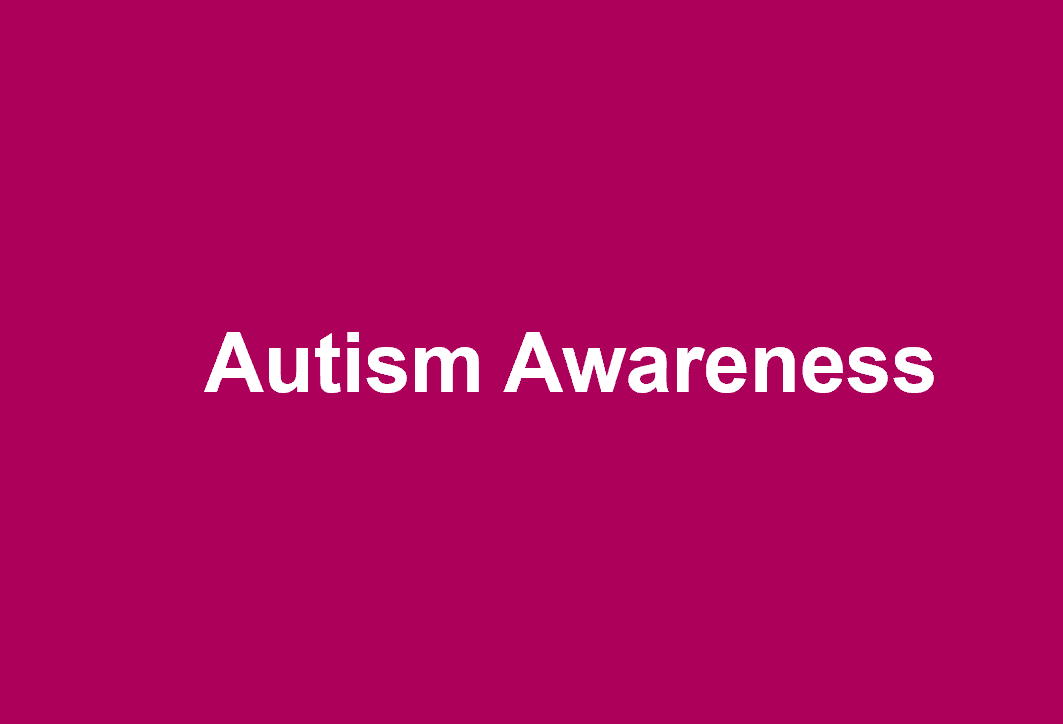
Autism Awareness
The training includes two presentations on the Autism Spectrum. Part 1 covers Autism traits, social challenges, coping mechanisms, and employment barriers. Part 2 explores Autism types, skills, mental health, disability models, support strategies, and notable autistic individuals.
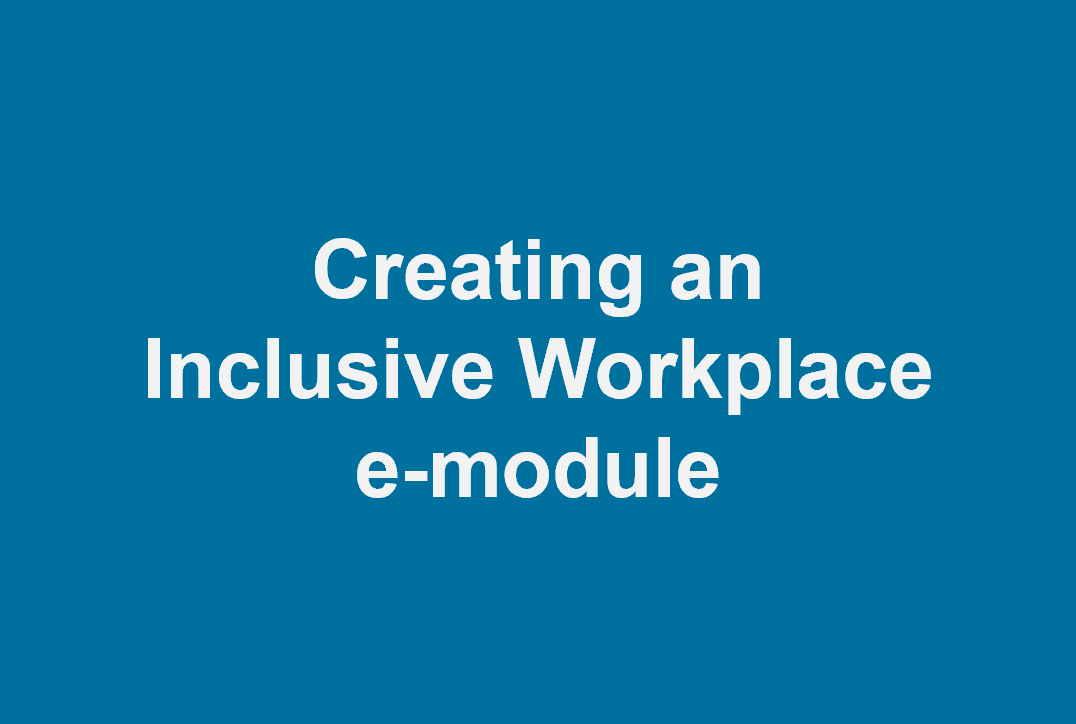
Creating an Inclusive Workplace: Understanding Bias e-module
This e-module explores how we can create an inclusive workplace by minimising bias in the workplace. It will provide you with information, tips and tools, as well as further links to research or information you can share with others.
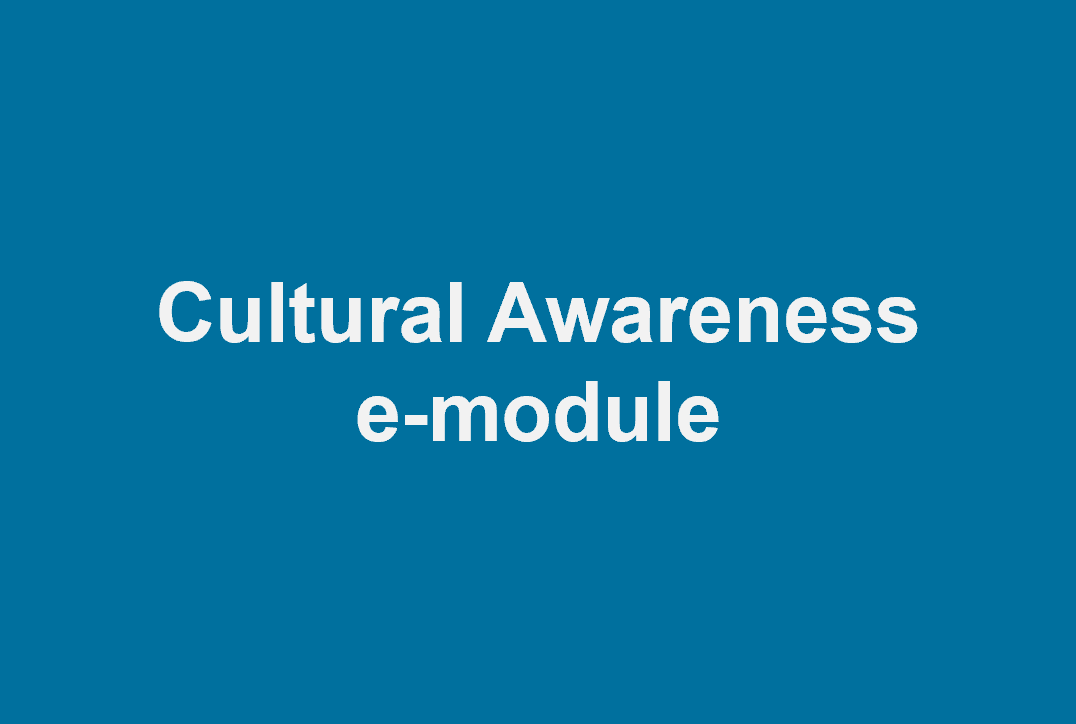
Cultural Awareness e-module
We want everyone at the council to feel welcome and understanding cultural differences can improve how we work with people with different religions, cultures and beliefs. In this e-module, we'll look at some of those differences and how to interact with people with different lifestyles, approaches and expectations to you.
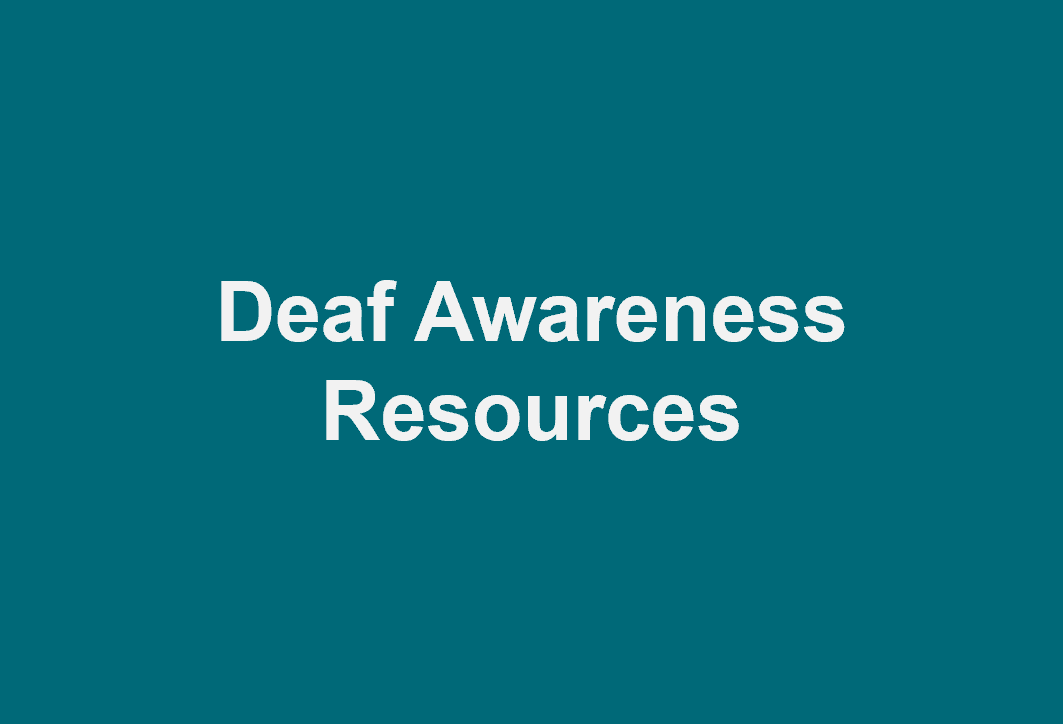
Deaf Awareness Resources
We’ve curated a concise selection of resources—websites, videos, and guides—to support greater understanding of deafness, including deaf culture, communication, and accessibility. These materials offer a foundation to enhance awareness and inclusive practice.
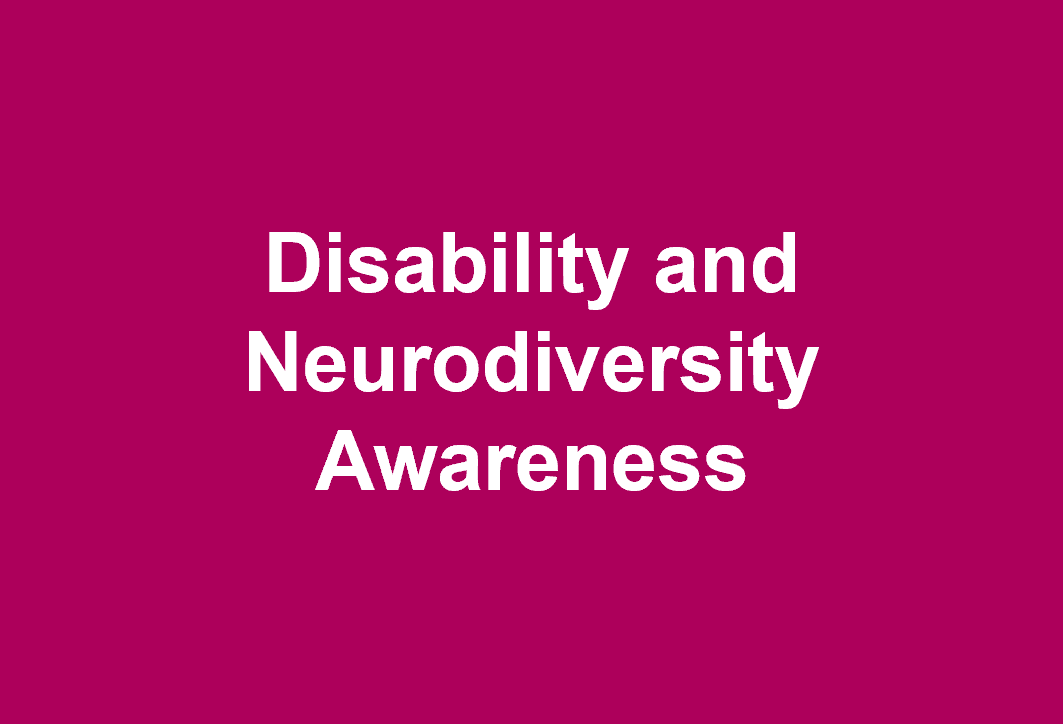
Disability and Neurodiversity Awareness
This three-hour workshop is appropriate for all council staff. It will help you to explore and learn about different types of disability and neurodiversity, including ADHD and autism, their strengths. You will gain in-depth insights into understanding and supporting others, navigating the language, and reasonable adjustments.
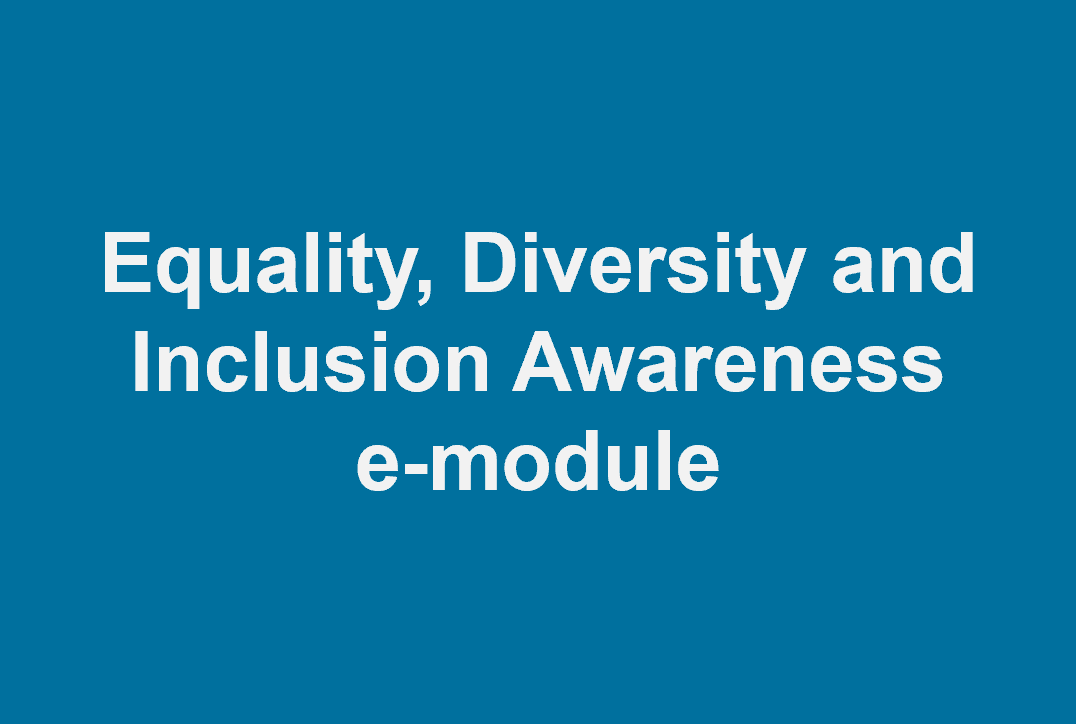
Equality, Diversity and Inclusion Awareness e-module
This e-module will give you a broader understanding of policy, legislation and the practical application of equality, diversity and inclusion in the council. Council employees have legal rights and responsibilities and regardless of what your role is it is vital you understand these basic principles.
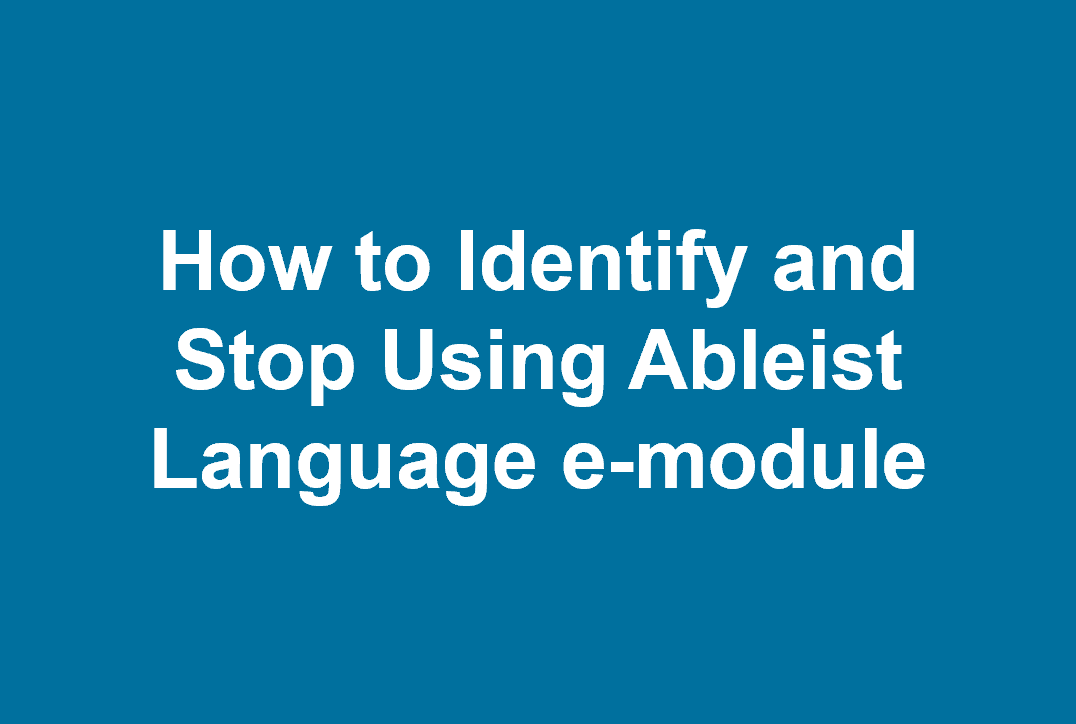
How to Identify and Stop Using Ableist Language e-module
This micro learning talks about the importance of language and how to avoid ableist language. It provides an explanation of what ableist language is and why it matters. Practical examples are given to help you avoid using it in your communication.
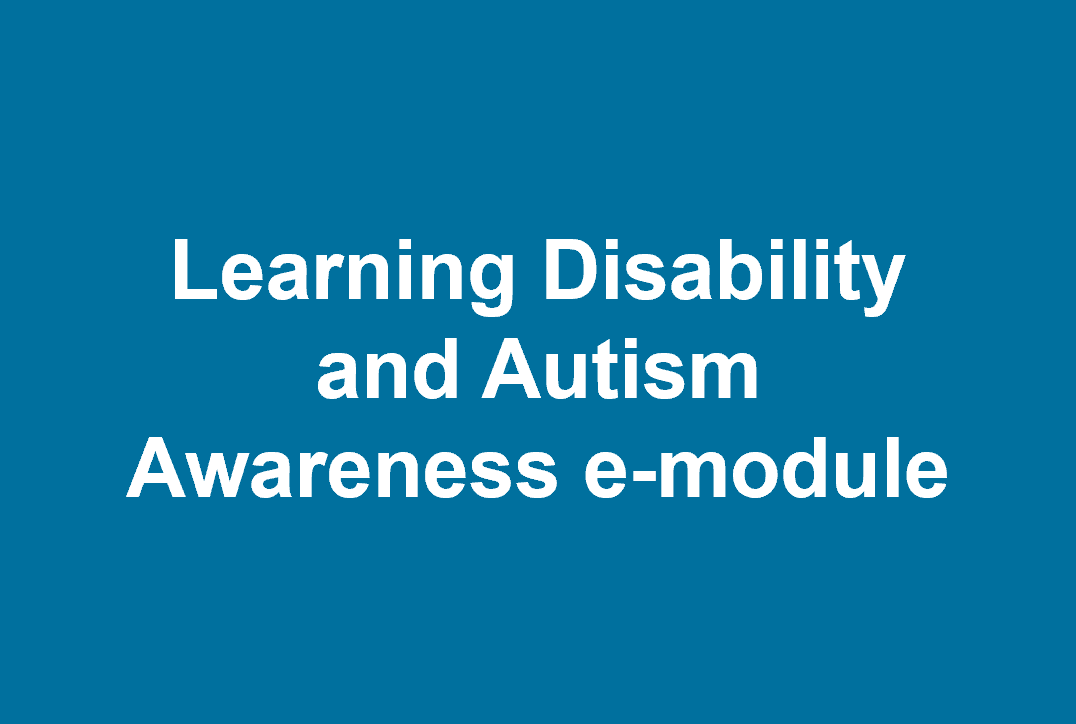
Learning Disability and Autism Awareness e-module
This e-module is aimed at managers and staff and partners who are considering supporting someone on a work placement and would like to have more awareness around learning disabilities and or autism. It will take around 90 minutes to complete and includes a range of video and resources.
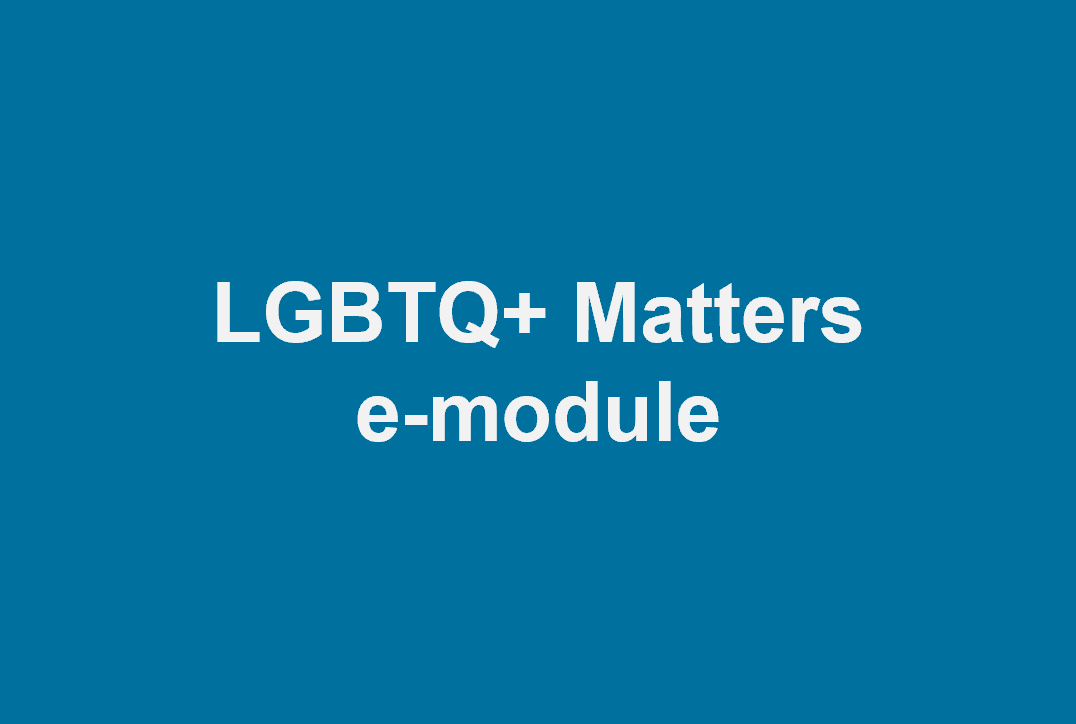
LGBTQ+ Matters e-module
This e-module explores how language, culture, history, discrimination, and health inequality affect LGBTQ+ service access. Thanks to The Diversity Trust, University of Bristol, Brigstowe Project, and South Gloucestershire Council’s Public Health team for their valuable contributions.
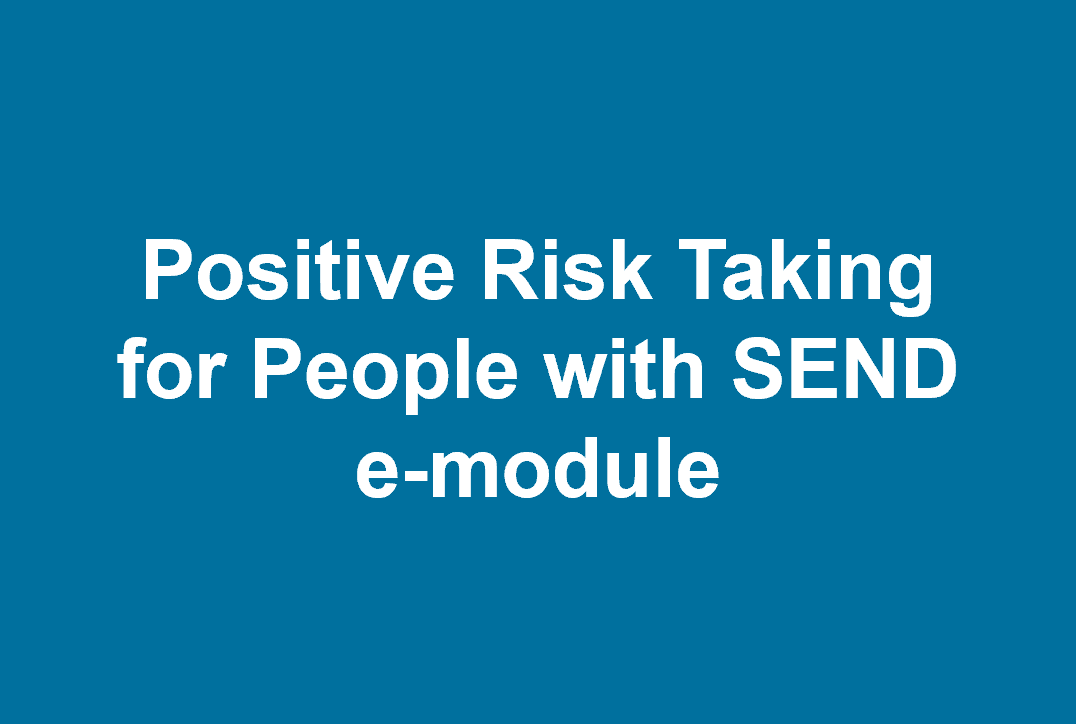
Positive Risk Taking for People with Special Educational Needs and Disabilities (SEND) e-module
This e-module is for parents, carers, and professionals who work with individuals who have Special Educational Needs and Disabilities (SEND). It promotes understanding and encouragement of positive risk-taking towards independence and employment.
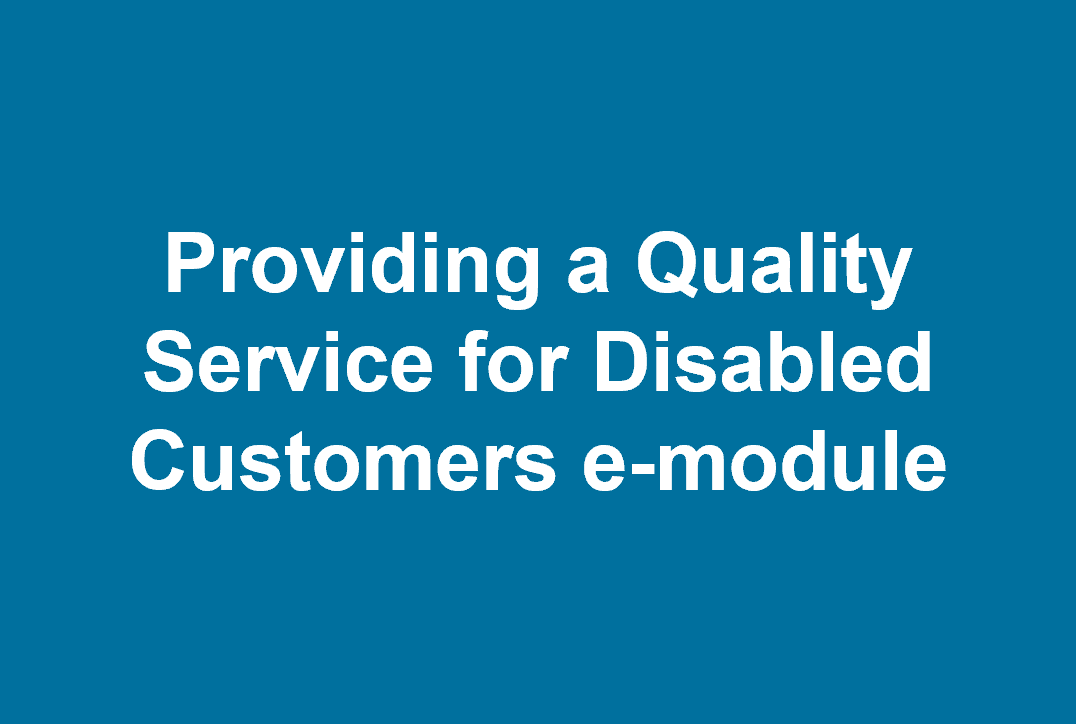
Providing a Quality Service for Disabled Customers e-module
This e-module provides a summary of how to meet the needs of disabled customers to make sure that excellent customer service is provided to everyone we work with. This course will take approximately 20 minutes to complete.
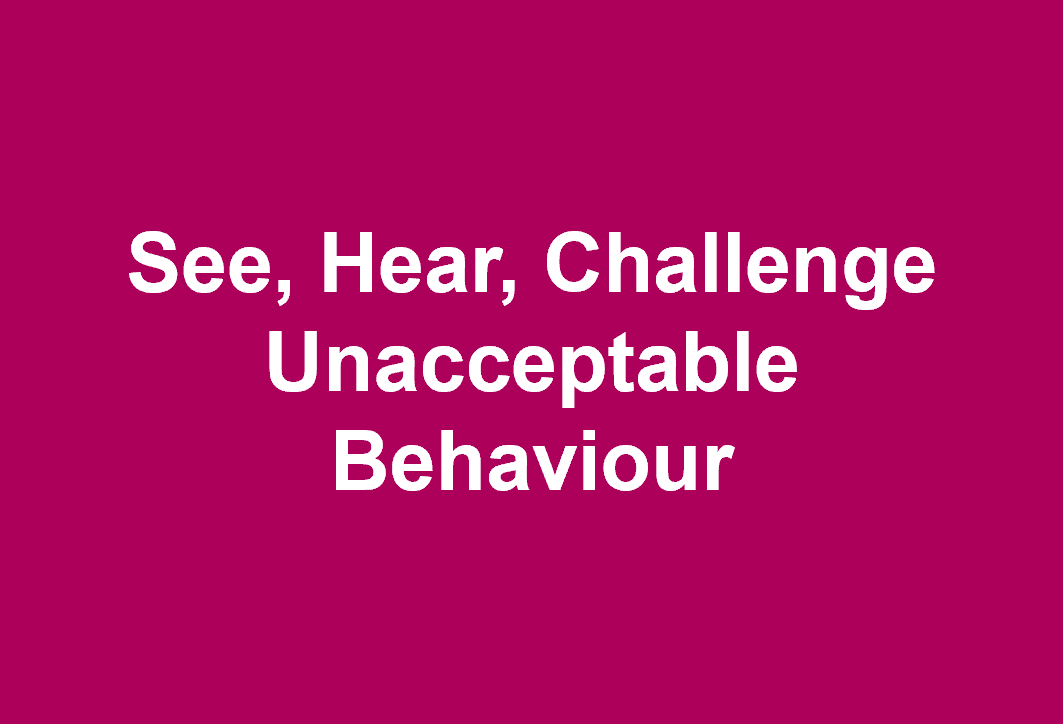
See, Hear, Challenge Unacceptable Behaviour
This course will help you to identify unacceptable behaviour in the workplace. We cover why it needs to be challenged, how to address it and engage in meaningful conversations, and our responsibility as council employees to escalate issues when necessary.
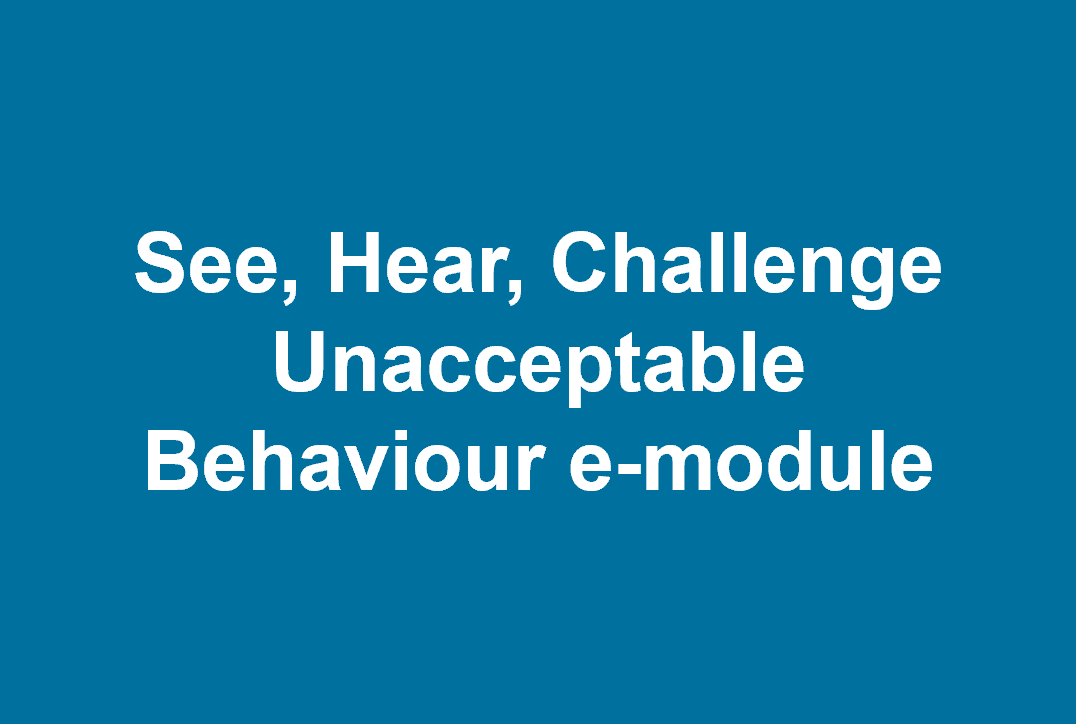
See, Hear, Challenge Unacceptable Behaviour e-module
Equality, diversity and inclusion are a council priority and this e-module focuses on identifying and challenging unacceptable workplace behaviour. It emphasises the responsibility of council employees to address issues. A one-hour webinar and in-person session is also available.
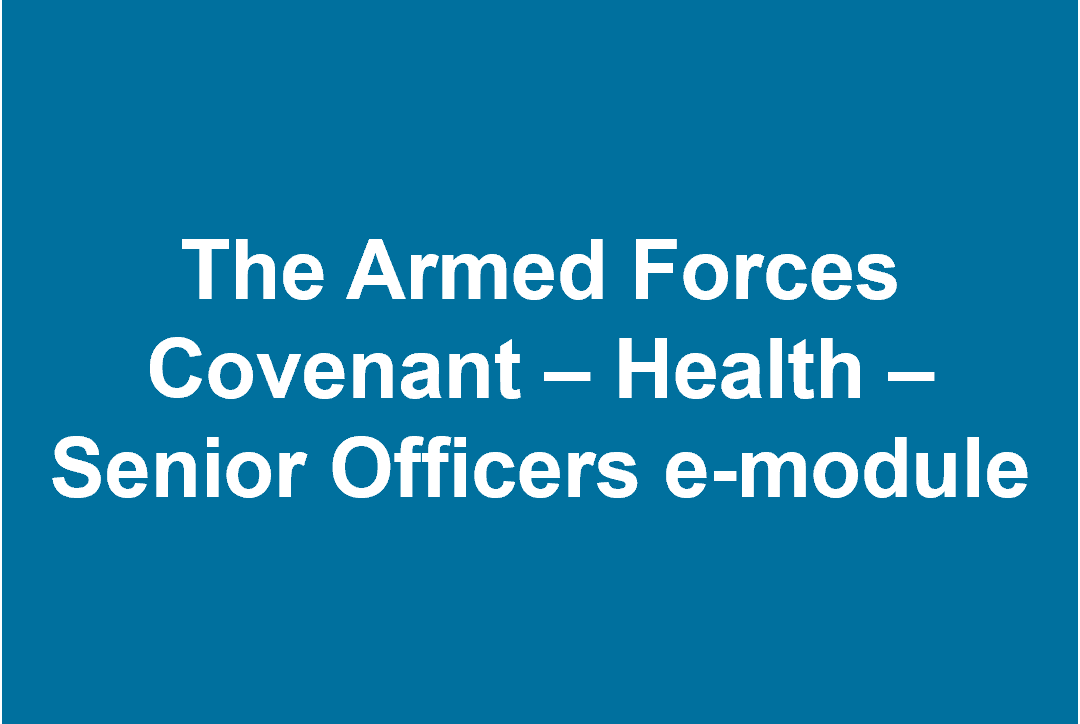
The Armed Forces Covenant and Covenant Duty Explained - Health - Senior Officers e-module
In this e-module we will explain the Armed Forces Covenant, the Covenant Duty and the principles of ‘due regard’. You will gain a better understanding of how you can improve services and support to the armed forces community.
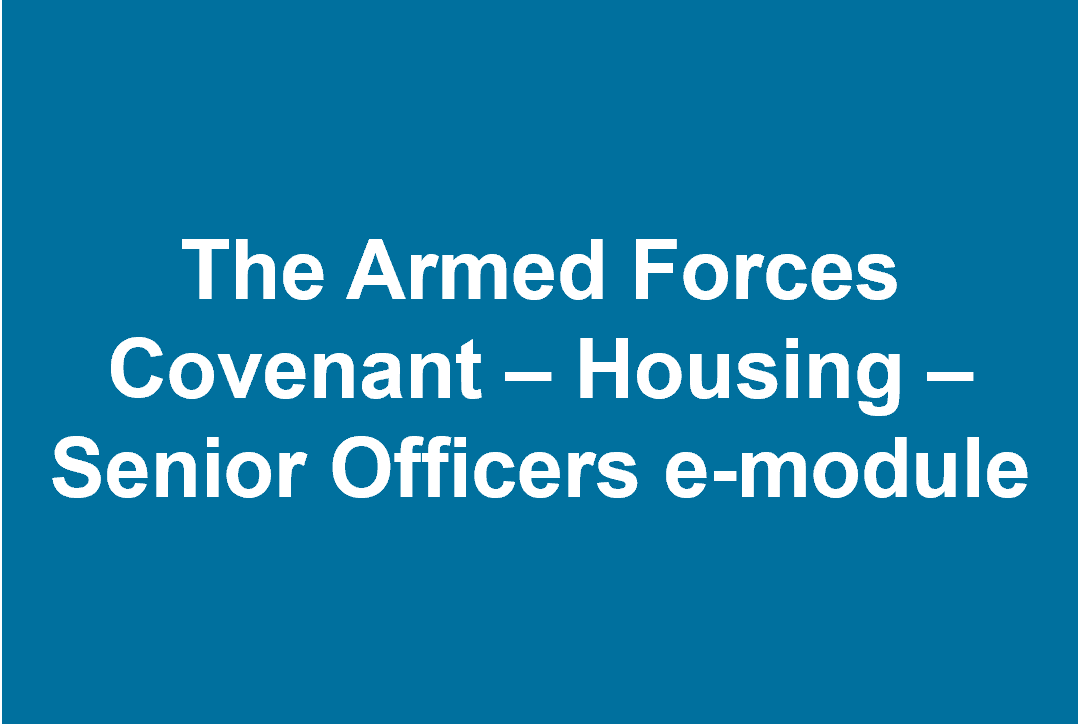
The Armed Forces Covenant and Covenant Duty Explained - Housing - Senior Officers e-module
In this e-module we will explain the Armed Forces Covenant, the Covenant Duty and the principles of ‘due regard’. You will gain a better understanding of how you can improve services and support to the armed forces community.
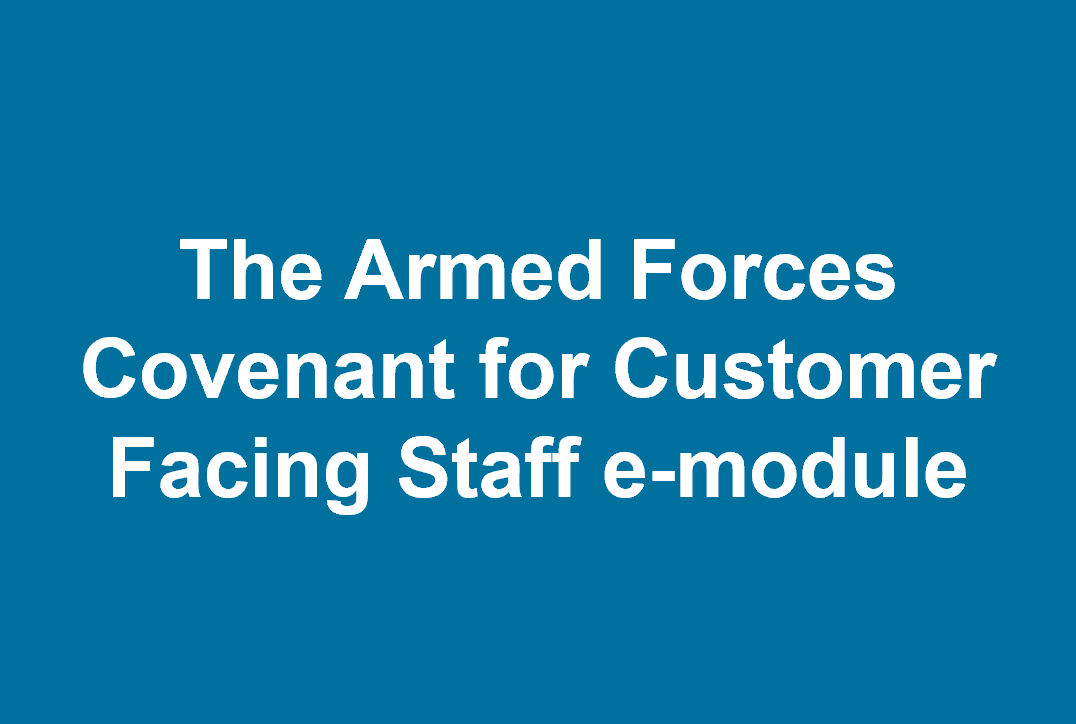
The Armed Forces Covenant for Customer Facing Staff e-module
This e-learning module explores the Armed Forces Covenant and Covenant Duty, offering insight into Service life and the unique challenges faced by the Armed Forces Community, while equipping public sector staff to provide informed, effective support across key service areas.
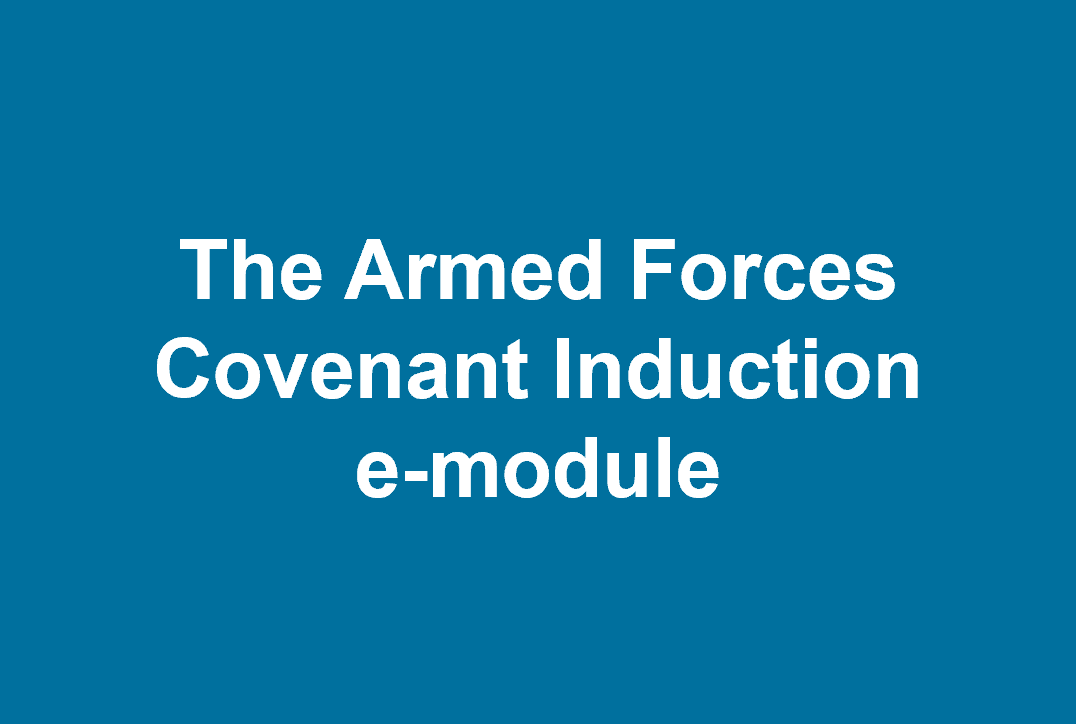
The Armed Forces Covenant Induction e-module
In this e-module you will discover what the Armed Forces Covenant and the Covenant Duty are, find out which groups make up the Armed Forces Community, and learn why it’s important that we all support this community.

The Women who WiL Network
The Women who WIL Network supports alumni to connect, strengthen leadership identity, and pursue meaningful growth. Through shared experiences, mentoring, and practical tools, members will gain confidence, resilience, and direction to thrive personally and professionally.

